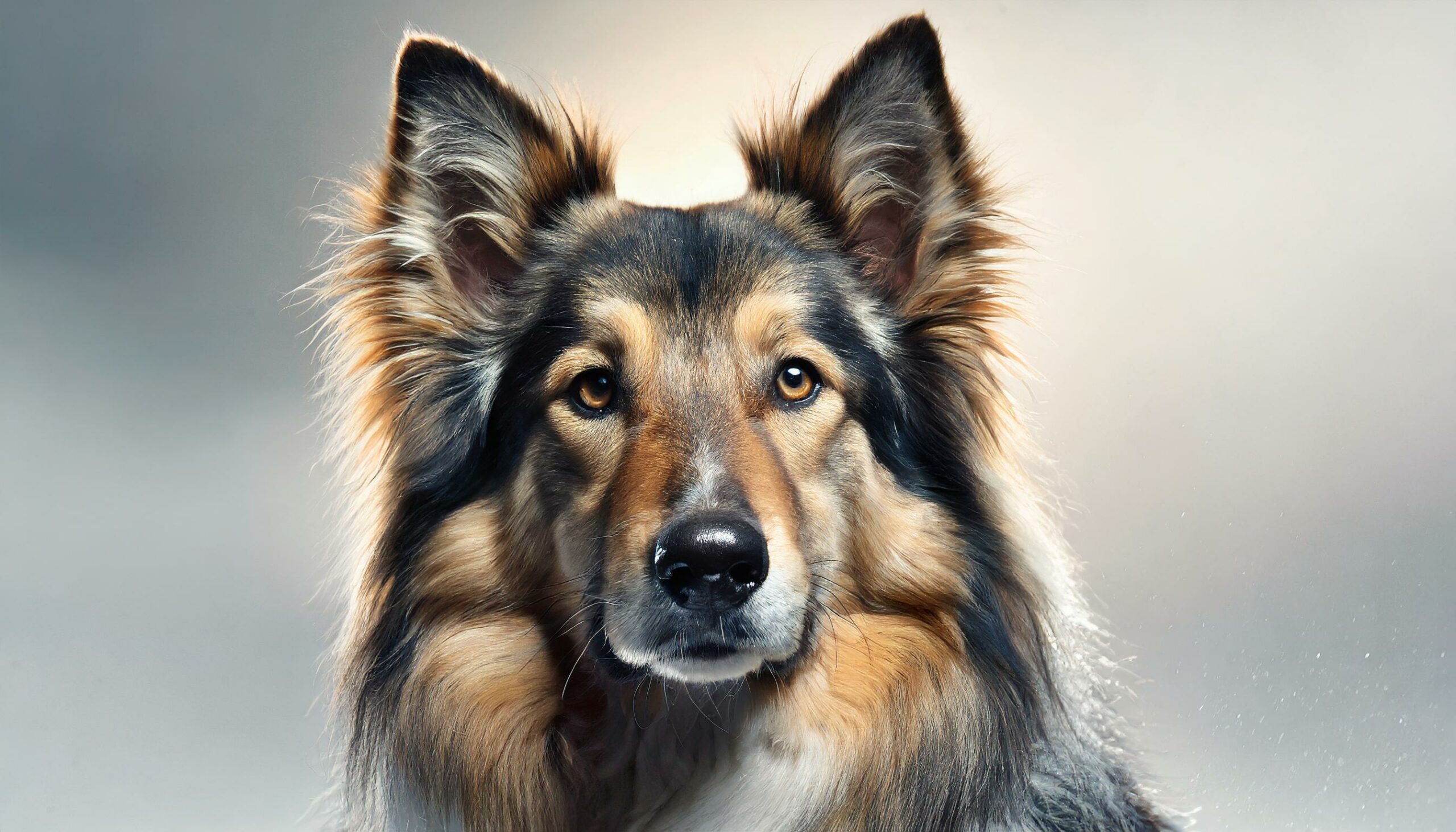The Norwegian Elkhound, a breed steeped in Viking history and Scandinavian folklore, is a robust and versatile dog known for its courage, loyalty, and friendly demeanor. As one of the oldest dog breeds, the Norwegian Elkhound has served alongside humans for centuries, primarily as a hunter of elk, bears, and other large game. Today, while it retains its hunting prowess, the Elkhound has also become a cherished companion, known for its intelligence, independence, and protective nature. This profile delves into the Norwegian Elkhound’s origins, physical characteristics, temperament, care needs, and its role as a devoted family member and skilled hunter.
Origins and History
The Norwegian Elkhound’s origins can be traced back thousands of years to ancient Scandinavia, where it was revered by Vikings and used in hunting, guarding, and herding. Archeological findings, including petroglyphs and Viking burial sites, have confirmed the breed’s long-standing presence and importance in Nordic culture. The breed’s name in Norwegian, “Norsk Elghund,” directly translates to “Norwegian moose dog,” reflecting its specialized use in tracking and hunting moose and other large game. The Norwegian Elkhound was officially recognized by the American Kennel Club (AKC) in 1913, solidifying its status as a beloved breed worldwide.
Physical Characteristics
The Norwegian Elkhound is a medium-sized dog, standing about 19 to 20 inches tall at the shoulder and weighing between 48 to 55 pounds. It features a thick, double coat of silver-gray fur with black tips, which provides insulation against the cold Scandinavian climate. The breed is characterized by its sturdy build, broad head, erect triangular ears, and tightly curled tail, which convey its alert and confident nature. The Elkhound’s keen eyes and agile body make it well-suited to navigate the rugged Nordic terrain.
Temperament and Behavior
Norwegian Elkhounds are known for their friendly, outgoing, and loyal temperament. They are deeply attached to their families, often forming strong bonds with their owners. The breed is also known for its courage and assertiveness, making it an excellent watchdog. Despite their hunting background, Elkhounds are good-natured and can be great companions for children when properly socialized. Their intelligence and independent spirit may pose a challenge in training, but with consistency and positive reinforcement, they are eager to learn and please.
Care and Health
The Norwegian Elkhound’s thick coat requires regular grooming to manage shedding and maintain its condition. They shed heavily twice a year, during which more frequent brushing is necessary. As active and energetic dogs, Elkhounds need daily exercise, such as long walks, play sessions, or activities that engage their natural hunting instincts. The breed is generally healthy but can be prone to certain genetic conditions, including hip dysplasia, kidney disease, and eye problems. A balanced diet, regular veterinary check-ups, and preventive care are crucial for their well-being.
Training and Socialization
Training a Norwegian Elkhound can be a rewarding experience due to their intelligence and versatility. They respond well to training that is engaging and allows them to utilize their natural abilities, such as scent work and agility. Early socialization is essential to ensure they grow into well-adjusted adults, comfortable with different people, animals, and environments. The Elkhound’s independent nature requires a patient and consistent approach to training, emphasizing positive reinforcement and clear communication.
The Norwegian Elkhound in the Family
The Norwegian Elkhound makes a wonderful family pet for those who appreciate an active, intelligent, and protective dog. Their adaptability and robust nature make them suitable for a variety of living situations, provided they receive adequate exercise and mental stimulation. The breed’s loyalty and protective instincts make them excellent companions, offering both affection and security. For families and individuals seeking a dog with a rich history, versatile abilities, and a loving heart, the Norwegian Elkhound is an exceptional choice, providing joy and companionship to its human family.
In conclusion, the Norwegian Elkhound stands as a breed of remarkable heritage, courage, and affection. With its ancient roots in Norse history and its adaptable temperament, the Elkhound continues to be a favored companion and skilled hunter. For those willing to provide the necessary care, exercise, and training, the Norwegian Elkhound offers a rewarding and enriching relationship, serving as a steadfast friend and guardian to those fortunate enough to share their lives with this noble breed.
